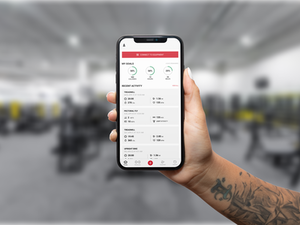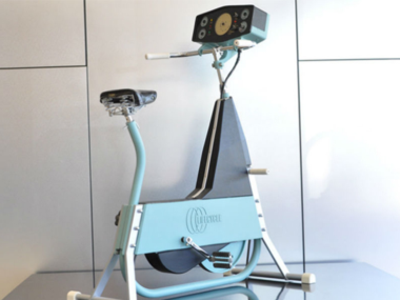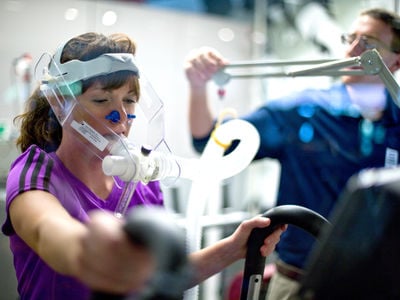Exercise is better for your mental health than having more money, study says.
Would you rather be happy or have more money? Research suggests exercise is more important for mental wellbeing than having money.
A 2018 study looked at the physical activity and mental state of 1.2 million American participants. The cross-sectional study drew on previous years’ survey results from the Centers for Disease Control and Prevention Behavioral Risk Factors Surveillance System.
In particular, the researchers looked at data relating to self-reported days of poor mental health, how much exercise participants did and their income levels.
The researchers found that those who exercised more regularly felt bad for fewer days per year. That is, people who were not very active felt bad for an average of 18 more days a year than their active counterparts.
“Individuals who exercised had 1·49 (43·2%) fewer days of poor mental health in the past month than individuals who did not exercise but were otherwise matched for several physical and sociodemographic characteristics,” said the study.
In terms of mental health burden, the study found that all types of exercise helped people’s mental wellness compared to not exercising at all.
However, the largest association between exercise and happiness were team sports, cycling and gym activities. In addition, the study found that regular exercise of three-to-five times a week for around 45 minutes per session was the most effective in terms of mental wellness.
An interesting additional finding compared people who exercised with those who didn’t exercise but earned more money. The researchers found that physically active people were about as happy as those who were inactive but earned $25,000(USD) more per year.
As in, when it comes to mental wellbeing, exercise is just as good, if not better, than having more money.
The study has been published in The Lancet journal.
Reference
Chekroud, S.R. et al. (2018.) ‘Association between physical exercise and mental health in 1·2 million individuals in the USA between 2011 and 2015: a cross-sectional study.’ The Lancet. Volume 5, ISSUE 9, P739-746, September 01, 2018. Published: August 08, 2018
https://doi.org/10.1016/S2215-0366(18)30227-X





















